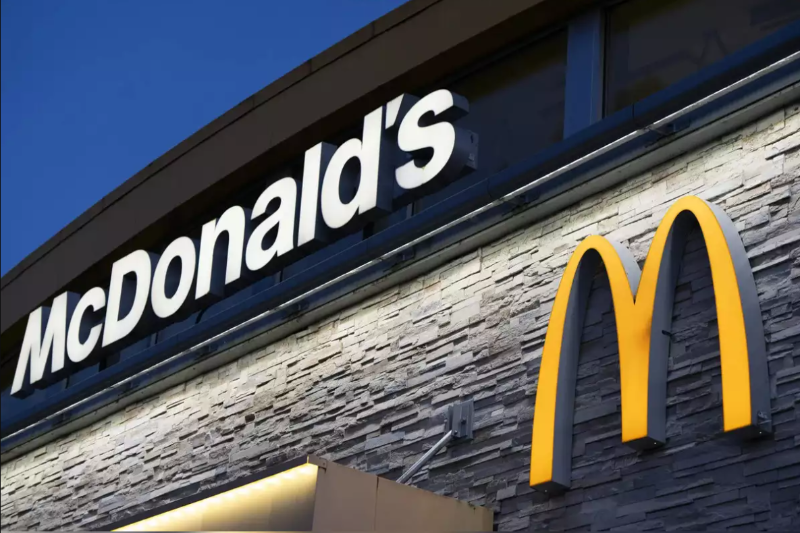

mcdonald's e. coli crisis exposes produce safety challenges in fast food industry
The recent case, involving E.coli linked to McDonald’s onions, has seen most of the popular fast foods restaurants in the US remove fresh onions on their menu as a measure as they seek to address the problem of food safety. A fast food flu that hit at least 75 people and killed one has forced McDonald’s to withdraw one of its Quarter Pounder burgers from as many as one-fifth of its 14,000 restaurants in the United States. The contamination has hospitalized 22 people, two of whom came down with hemolytic uremic syndrome, a potentially fatal condition that affects the kidneys.
Even before the passage of severe federal rules that would govern the food industry, beef patties were the primary worry of specialists in food-borne diseases. It was not for long, though, when a severe E.coli outbreak affected by contaminated Jack in the Box burgers left over 170 people in hospital, four of them dead – beef authorities have since enforced stringent measures towards beef safety. It has gone down greatly due to this regulatory shift hence changing the nature of food borne illness in the fast-food industry mostly associated with beef products.
The current challenge is therefore on produce safety especially because vegetables are not cooked before being served. Similarly to beef, washing, sanitization, and testing of industrial-scale produce also occur, yet, identifying relatively low levels of contamination is still a challenge. Irrigation water can be contaminated by wildlife feces and agricultural runoff thus bring E. coli and other pathogens to crops grown in the open.
McDonalds together with its supplier Taylor Farms which are representatives of fast food business and were ranked high for their dietary safety policies have not remained idle. The fast-food giant has paused its supplies from the Colorado Springs facility of Taylor Farms indefinitely, which used to provide onions to about 900 outlets in Colorado, Kansas, Wyoming, and some other neighboring states. Nonetheless, neither of these companies was able to detect this particular E. coli strain during the outbreak.
According to food safety professionals, although government regulation proved instrumental in ensuring beef free from contamination, increased produce safety may only be achievable with the cooperation of the large demand players such as fast food companies and supermarkets. The dispersed structure of the produce marketplace requires consistent supplier requirements. It might be expected that radiation could effectively remove microbes, but using radiation is still unfeasible because of either the sheer volume necessary or consumer sentiment.
Former President Donald Trump is taking legal action to strike down one of the topics on the forgotten list of…
As U.S. retailers like Walmart and Costco pursue alternatives to Chinese and Bangladeshi suppliers due to rising tariffs, India's garment…
U.S. worker productivity declined for the first time in almost three years in the first quarter of 2025, in a…
According to the Ministry of Health, Labour and Welfare in March 2025, Japan's inflation adjusted real wages fell by 2.1%…
BluSmart Mobility, once viewed as India’s green ride-hailing alternative, ceased operations in April 2025 leaving nearly 10,000 drivers unemployed without…
The India-UK Free Trade Agreement (FTA), recently learnt, has attracted some attention for one of its benefits enabling Indian workers…
This website uses cookies.
Read More